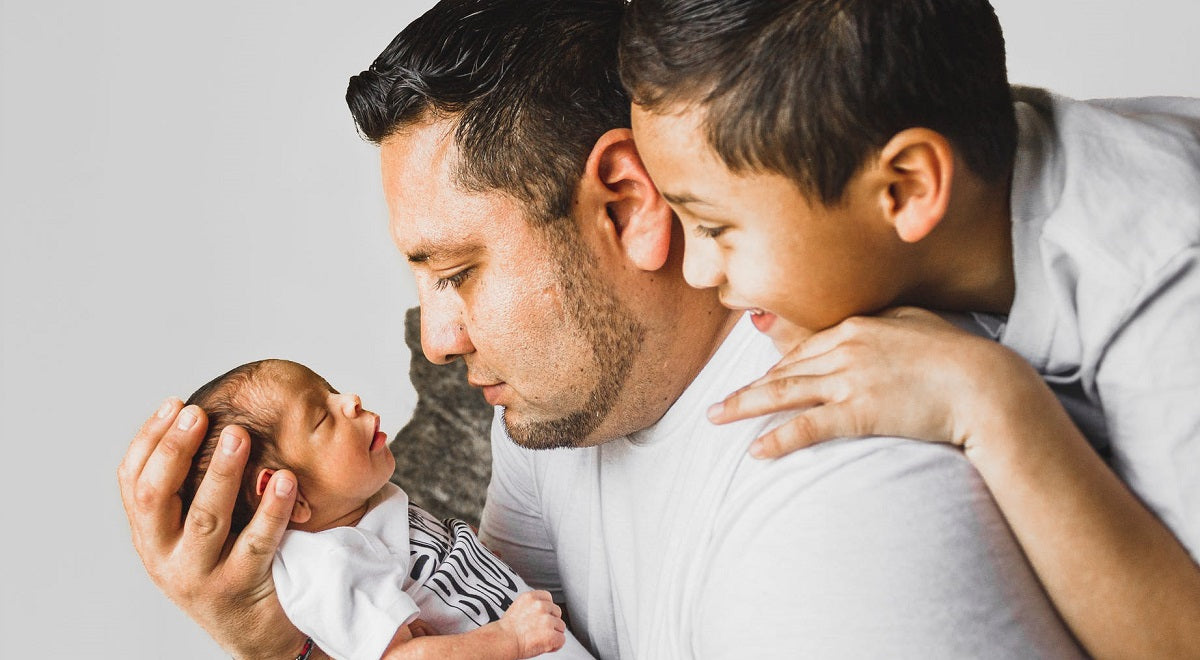We’ve heard the horror stories – and seen the hilarious videos of new parents barely keeping it together.
A freshly soiled nappy can make your eyes water and long for a cold splash of rose water to the face. It can be as though nuclear war had been declared between the bum cheeks of a sweet, innocent little baby.
For the most part, you need to pinch your nose and whip out the wet wipes. Stand clear as you do the first wipe, just in case of a spray. Then comes disaster management and the big clean-up. Cover the tooshie with a thick layer of bum cream and strap that brand-new crisp nappy just right, to seal in whatever is coming next. All is right with the world. Anxiety levels are returning to a mild panic.
But how do we know that everything we wrapped up, bagged, tagged and left as hazardous waste, is considered normal?
Whether or not you are new to parenthood, we all have some questions at some point.
Disclaimer: Sorry, we are about to get a bit graphic here, mom and dad!
Frequency of elimination

Your new-born could use between three to ten nappies per day in the first six weeks, with about two out of three being wet. They may or may not be concurrent with the dirty ones. After this, you will pick up your baby’s natural pattern. It is often said that babies will need a new nappy, within an hour of their last feeding.
The absorption rate of solids is often a bit higher for breastfed babies than formula fed babies. This means that formula fed babies may eliminate a bit more often than breastfed babies, after the six-week mark.
If your baby is not eliminating regularly, check in with your doctor or our experienced Sisters at the Homegrown Babies clinic, to make sure your baby is indeed taking in enough milk.
Should we worry about colour?
New-borns will eliminate meconium in the first few days after birth. This is all the fluid they consumed during their time in utero – likely consisting of amniotic fluids. The colour will be dark, black even, and the contents will be very sticky. Don’t panic, it is normal. By day four, you will get a better indication of what would be the colour for you to expect in the future.
The colour of the dirty nappy will change again depending on what they eat, once solids are introduced.
Consistency
Peanut butter. Anything firmer than that, and your baby might be suffering from constipation.
If you are breastfeeding, your baby’s elimination might be looser, or even runny. Don’t worry about this too much, as breastmilk is very digestible and therefore the solids are absorbed better, leaving more liquid than solid waste.
If your baby is experiencing very frequent diarrhoea coupled with cramping and being fussy, you should check in with your doctor. Mucus or a red colour in stools also warrants a visit to your healthcare professional.
What you can do to help your baby
Probiotics are great. They are available in easy-to-use sprays, so you can easily give your baby an oral dose without a fuss. The probiotics will ensure that your baby has enough healthy gut bacteria to fight off tummy bugs and other things that may cause cramping or bloating. This will also help them have healthy bowel movements. The best part of it is that there are probiotics for babies, suitable from birth!
Should you be unsure of what to buy, you can ask our knowledgeable sales teams about digestive aids and probiotics, best suited to your baby’s age.
PS
We can deliver your baby products, medication, supplements, cosmetics, fragrances and other Mopani online shopping, nationwide. Contact us for info: mopani.co.za | crossing@mopani.co.za | Tel: 0137555500 | WhatsApp: 0661921703


